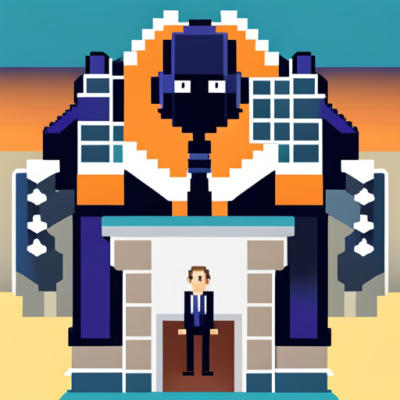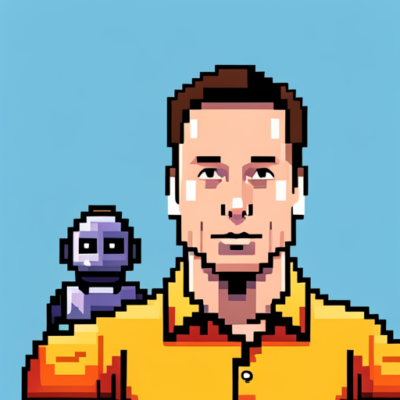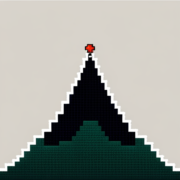
Claude Monet’s painting Impression, Sunrise marked the beginning of the Impressionist movement, which revolutionized the art world. Today, artists face new challenges with the rise of artificial intelligence technology and ongoing debates about intellectual property rights.
At a glance
- Claude Monet painted Impression Sunrise in 1872 in Le Havre.
- Despite initial mockery, the painting later became iconic.
- Impressionism revolutionized the art world, starting a movement.
- Artists now face a new challenge with the rise of artificial intelligence (AI) technology.
- Google has been sued for allegedly using artists’ work without consent to train its AI image generator.
The details
In 1872, Claude Monet painted Impression Sunrise, a masterpiece created in Le Havre. Despite initial mockery, it later became iconic.
Critics initially derided the visible brushstrokes and seemingly unfinished composition.
However, this marked the start of the Impressionist movement. Impressionism revolutionized the art world.
The movement emerged in response to the growing popularity of photography.
Photography promised to replicate landscapes and portraits in more realistic detail than painting.
Fast forward 150 years, and artists face a new challenge. This challenge comes in the form of artificial intelligence (AI) technology.
AI can generate songs, videos, and various art forms at a prolific rate. Some artists find this inspiring. Others find it infuriating.
Recently, a group of photographers, cartoonists, and visual artists launched legal action. Their target is Google. The lawsuit alleges Google used their work without consent.
Google has also been accused of not giving credit or compensation for the work, which was allegedly used to train Google’s AI image generator. This lawsuit is not unique; many similar lawsuits have been filed against AI technology.
These lawsuits highlight an ongoing debate about the use of AI in the creative industry. This case underscores a complex relationship.
The relationship between art, technology, and intellectual property rights is particularly complex in the digital age. Artists are grappling with the implications of AI on their work.
Important questions about ownership, consent, and fair compensation are being raised. These questions are pertinent in a rapidly evolving landscape.
Article X-ray
Sources
Here are all the sources used to create this article:
Facts attribution
This section links each of the article’s facts back to its original source.
If you suspect false information in the article, you can use this section to investigate where it came from.
| independent.co.uk |
|---|
| – In 1872, Claude Monet painted Impression, Sunrise in Le Havre – Critics initially mocked the painting for its visible brushstrokes and seemingly unfinished composition – Impressionism revolutionized art – Impressionism came in response to the emergence of photography – Photography offered the promise of replicating landscapes and portraits in more realistic detail than painting – 150 years later, artists are confronted by new technology disrupting art – Artificial intelligence can generate songs, videos, and more at a prolific rate – AI is inspiring and infuriating for artists – A group of photographers, cartoonists, and visual artists launched legal action against Google – The legal action alleges that Google used their work to train its AI image generator without consent, credit, or compensation – This lawsuit is the latest of dozens of similar lawsuits against AI technology. |












